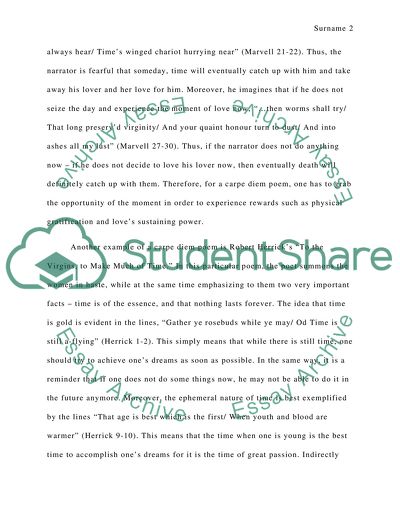Cite this document
(“Literary Analysis Assignment: The Love Song of J. Alfred Prufrock Research Paper”, n.d.)
Literary Analysis Assignment: The Love Song of J. Alfred Prufrock Research Paper. Retrieved from https://studentshare.org/english/1631513-literary-analysis-assignment-the-love-song-of-j-alfred-prufrock
Literary Analysis Assignment: The Love Song of J. Alfred Prufrock Research Paper. Retrieved from https://studentshare.org/english/1631513-literary-analysis-assignment-the-love-song-of-j-alfred-prufrock
(Literary Analysis Assignment: The Love Song of J. Alfred Prufrock Research Paper)
Literary Analysis Assignment: The Love Song of J. Alfred Prufrock Research Paper. https://studentshare.org/english/1631513-literary-analysis-assignment-the-love-song-of-j-alfred-prufrock.
Literary Analysis Assignment: The Love Song of J. Alfred Prufrock Research Paper. https://studentshare.org/english/1631513-literary-analysis-assignment-the-love-song-of-j-alfred-prufrock.
“Literary Analysis Assignment: The Love Song of J. Alfred Prufrock Research Paper”, n.d. https://studentshare.org/english/1631513-literary-analysis-assignment-the-love-song-of-j-alfred-prufrock.


